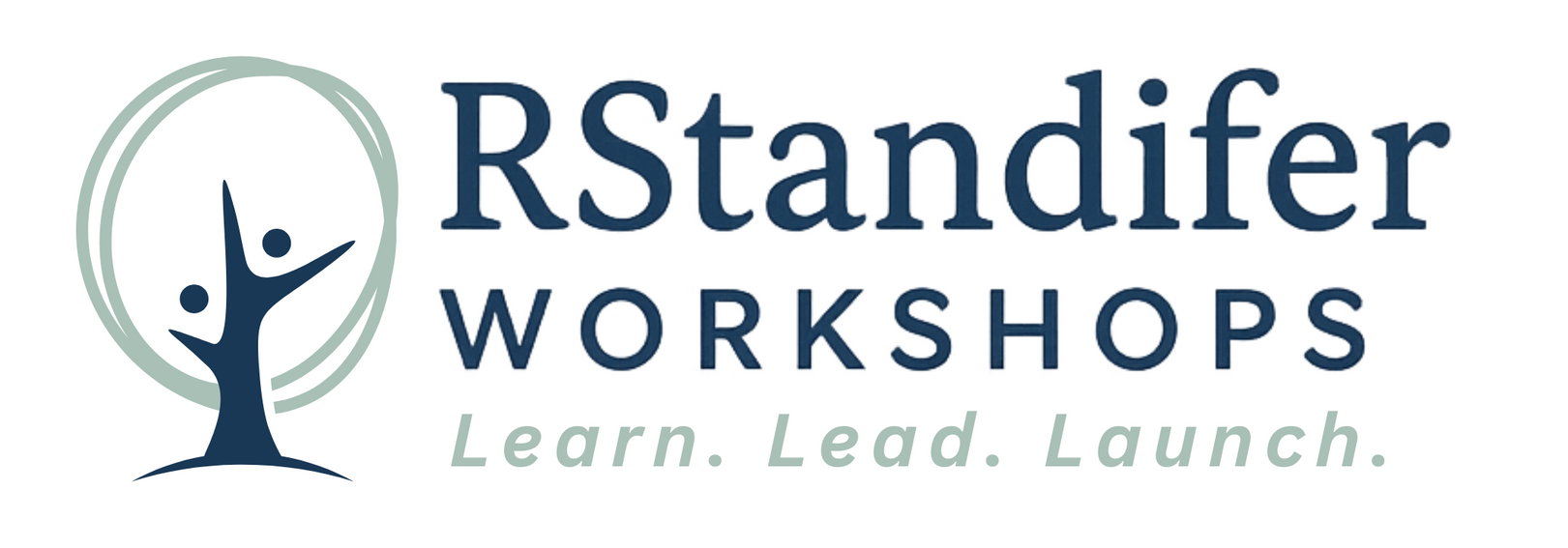3 "Myths" Students Believe About Teamwork
Over the years I have used a lot of team projects in my courses, and I always get an earful from my students about that. It's typical for students to dread school team projects, and I can't say I blame them. In my Organizational Behavior course, teamwork is actually one of the topics students are expected to learn about. Inevitably, our class discussions on teams bring out the frustrations and misconceptions students have about working in such collaborative contexts.

Team projects are common in college courses. They are often used by instructors who are well-versed in the knowledge of their fields, but who don't understand how to construct team projects that help students learn to be good team members. As such, students end up with negative impressions of teamwork and are left wondering why these experiences are so often poor.
These "bad" teams, coupled with students' lack of work experience, result in incorrect beliefs about collaborative work and negatively affect their engagement and excitement about working in teams. In a future post, I will write about the role of instructors and how they might improve their team projects. For now, let's talk about three common "myths" students hold with regard to teamwork.
Myth #1: “Real teams don’t have these problems.”
Students think that all the problems they have in school team projects disappear when working in "real-world" team environments. For example, students don't think social loafing (or "slacking") will occur at work, since people are trying to hold onto their jobs and act professionally. They also assume that the purpose/goal of a work project will be clearly stated and understood by all team members. A lot of students wait until close to a deadline to work on a project, but believe that will not be the case in organizational teams. Or they might mistakenly think the resources they need for a team project will always be readily available. The grass is always greener when it comes to organizational teamwork.
The reality, however, is very different. In organizational work, people sometimes slack, goals can be unclear or go unexplained, members may be left waiting for another member's work to be completed, or resources may be lacking. It's important for instructors to have discussions with their students about potential problems that can (and do) occur in organizational teams in their respective fields, and draw comparisons to students' experiences in school teams. In addition, savy instructors can encourage good practices in the way they construct, assess, and communicate about team projects in their courses.
Myth #2: “The grade is the only thing that matters.”
Of course, the grade they receive is important to students and it is reasonable to think about that, from their perspective. However, it is equally important for students to appreciate what else they gain from a team experience.
A grade-centric perspective is particularly prevalent when instructors don't discuss the reasons behind team assignments. Why are students being asked to work in teams? How does working in a team for a particular assignment ultimately make them better employees and collaborators? This needs to be communicated clearly to students, along with the general overall benefits students gain from working in a collaborative environment. Along with such discussions, I insist that student teams talk about, determine, and formally state 1-2 goals for their project that have nothing to do with grades. For these discussions to happen, however, instructors have to know the answers to these questions themselves and believe the answers are important.
Some students are more than willing to let their instructor know if there is a problem within their team. However, I have found that the majority of students suffer in silence. This can be due to a variety of reasons, but the end result is the same - a poor team experience and an unhappy, confused student. Students must be encouraged to communicate when issues arise, but to do so within a framework and process that mirrors what they can expect to encounter in organizational contexts. in my workshop, I share such a framework with instructors and provide ways to interact positively and effectively with students in the role as instructor.
Creating meaningful team experiences
I have had my share of bad experiences and frustrating interactions with students about working in teams. In fact, I had quite a few bad team experiences as a student myself.
Using student team projects can be daunting for instructors; at times, instructors may wonder why they are using team projects at all. In my workshop, I try to help instructors avoid these problems. I provide the tools instructors need to promote positive team experiences, in addition to the domain-oriented knowledge students are learning in the project.
I encourage you to reach out to me about scheduling my student teams workshop where we work toward this goal. You can find information about this workshop (and others) on the workshop page of this website.



